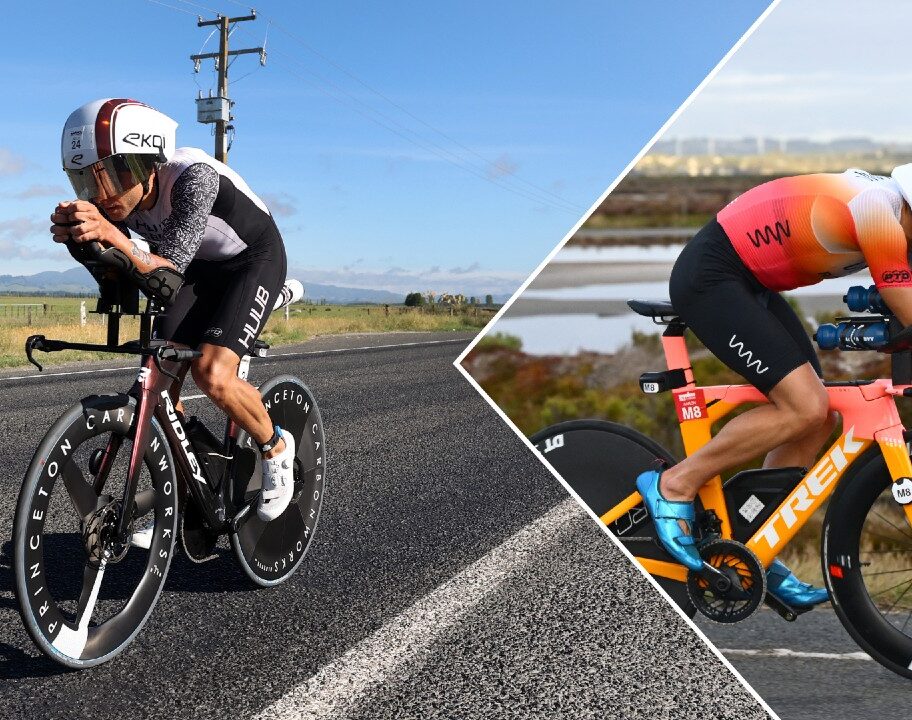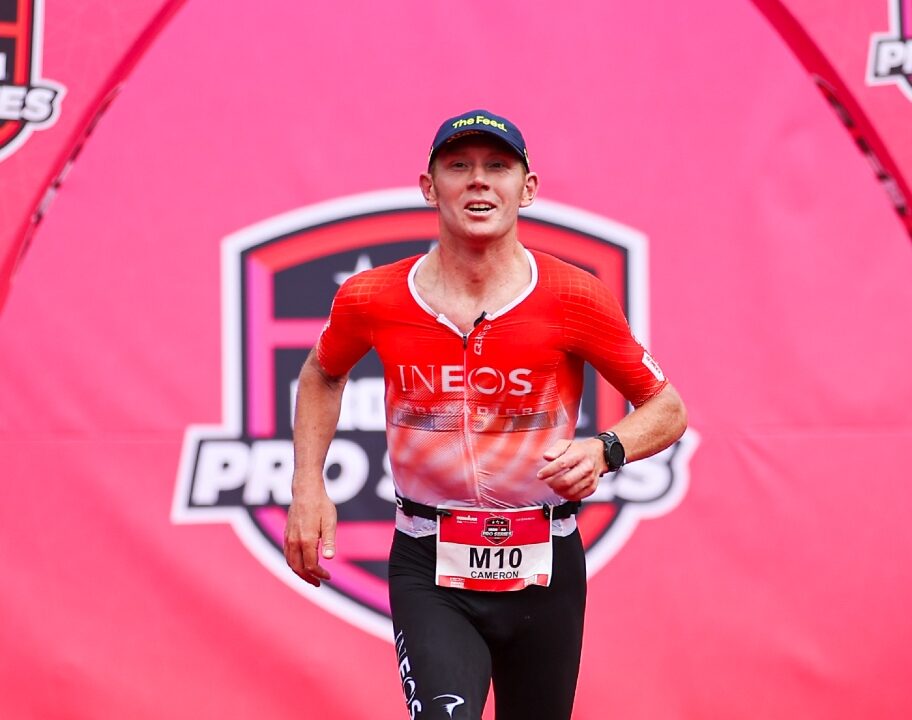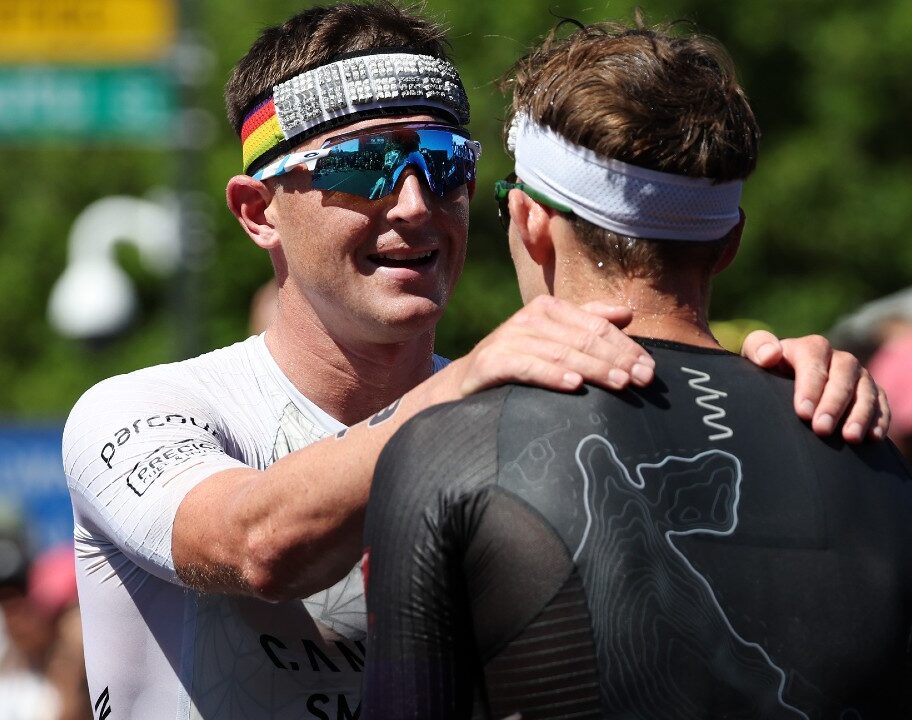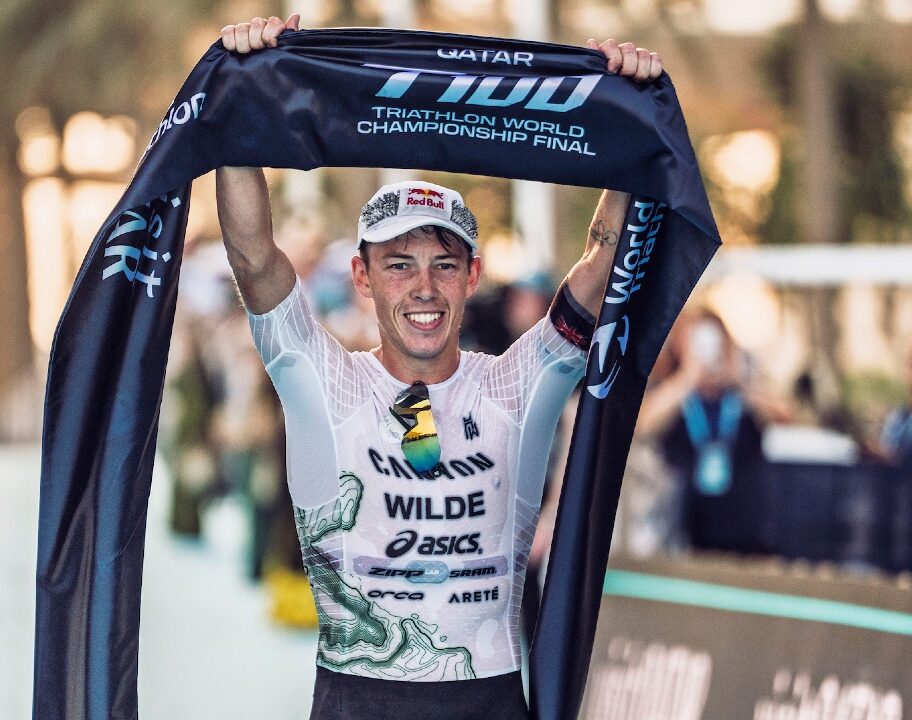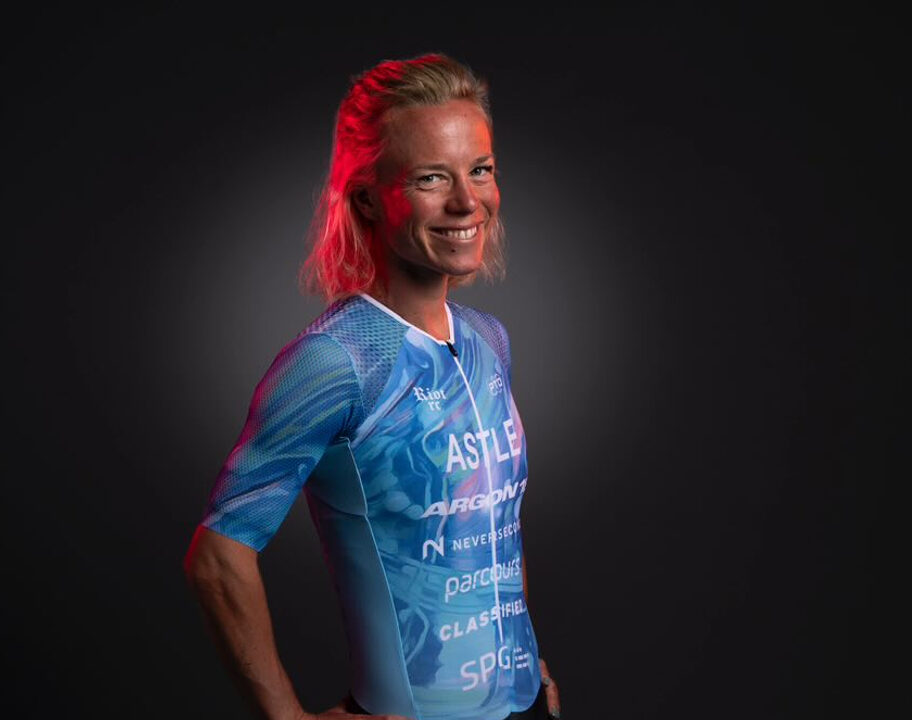With an influx of capital making its way into middle distance and long distance triathlon in recent years, thanks largely to the PTO and IRONMAN’s recent plans for a season long series, there is an argument that short course triathlon is being left behind.
Seemingly shackled to national federations and reliant on World Triathlon for a pathway to the pinnacle of the sport, the Olympic Games, short course athletes appear to becoming increasingly frustrated with the effort to reward ratio on the Olympic circuit.
Britain’s Max Stapley, on a recent episode of the Talking Triathlon podcast, gave a brilliant insight into what the current outlook shared by a number of short course professionals is, with a damning review of short course triathlon’s standing in the sport’s ecosystem.
“You are at the mercy of World Triathlon”
Describing the situation he says short course stars find themselves in, Stapley explained: “I’m not going to pull any punches, at the end of the day a lot of short course triathletes won’t say what they really think because you are at the mercy of World Triathlon to go to the Olympics.
“If you want to go to the Olympics, you go to World Triathlon and if you want to make money, you race Super League, PTO or French Grand Prix events.
“It is depressing. I’ve spent my whole life looking at the WTCS, looking at guys like Aaron Royle, [Alistair] Brownlee, [Jonny] Brownlee and [Javier] Gomez thinking one day I’ll make it, and I finally did it this year, I got to Sunderland and Pontevedra.”
What met Stapley at his first taste of WTCS action was hugely underwhelming, however, with the prize money on offer in the top tier of racing barely covering costs for everyone but the top finishers and a win valued lower than it was ten years ago adjusted for inflation.
“When you get there, though, you sit back and just think is this it? Is this really it? You just think, I’m killing myself 28-30 hours a week and racing on a pay-per-view broadcast, like who do we think we are, the UFC? Who is going to pay for that?
“There’s shaky camera quality coverage, it’s horrific and the prize money hasn’t evolved since 2009. In 2013, the prize money for a win was $20,000, whereas now it’s $18,500.
“I’ve done the maths, $20,000 to win in 2013 is the equivalent of $26,000 today, whilst $18,500 today is the equivalent of $14,000 in 2013. You are under earning $12,000 for a win and that’s the state of economics in World Triathlon.”
“Short course triathlon is in trouble”
At pains to acknowledge that there are a number of people in the sport that work hard and do triathlon a great service, Stapley shared his appreciation for several of them, but was unmoved in his conviction that something has to be done to save short course triathlon’s current demise.
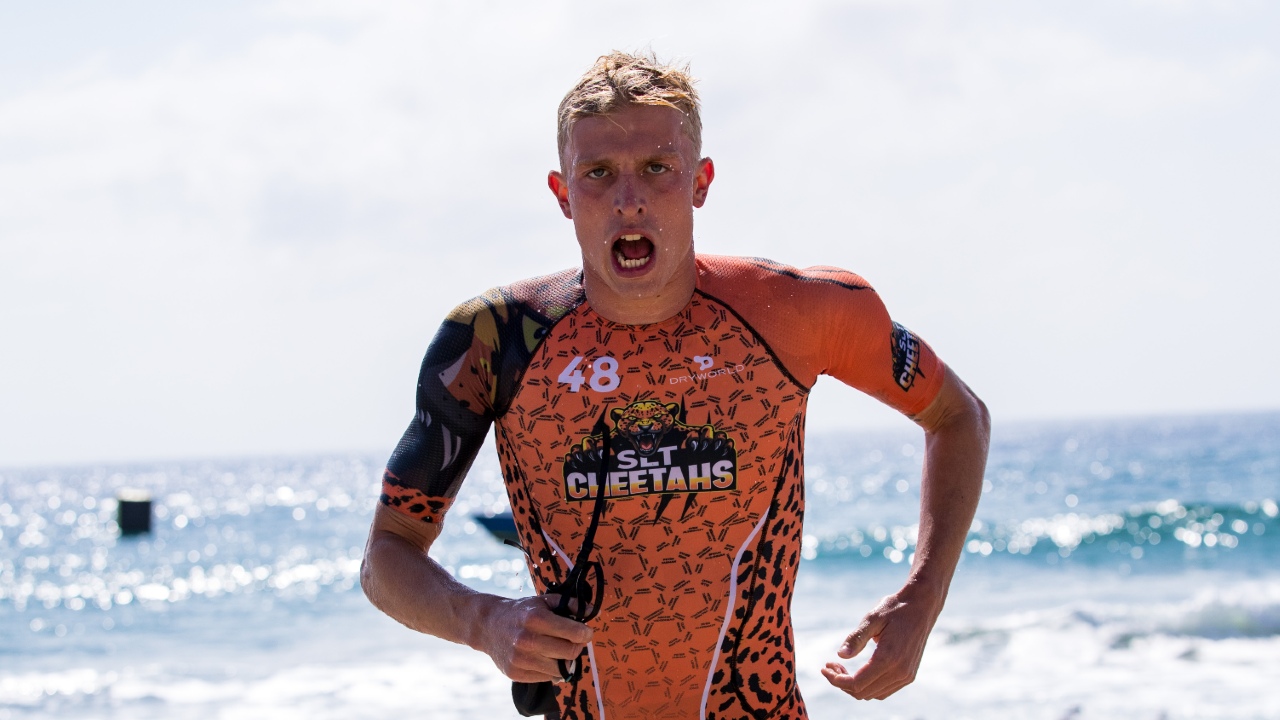
“I know there are a lot of people who work really hard within World Triathlon and the federations, who I am thankful for, but the objective fact is that short course triathlon is in trouble.
“It’s in trouble from a viewership perspective, an athlete perspective and a sponsor perspective. Everyone racing is so good and everyone trains so hard, but what do you get? $700 for seventh place at the Test Event? What are we doing?
“I’m probably going to get cancelled for saying that. But I can tell you that anyone who’s awake, thinks that and I don’t care anymore.”








